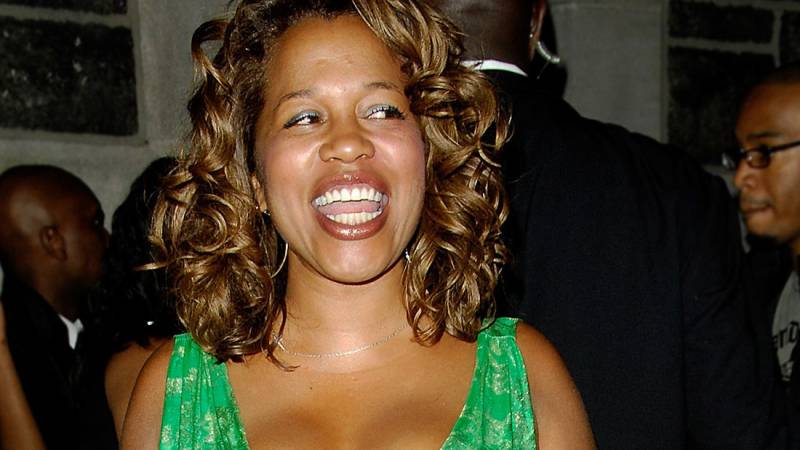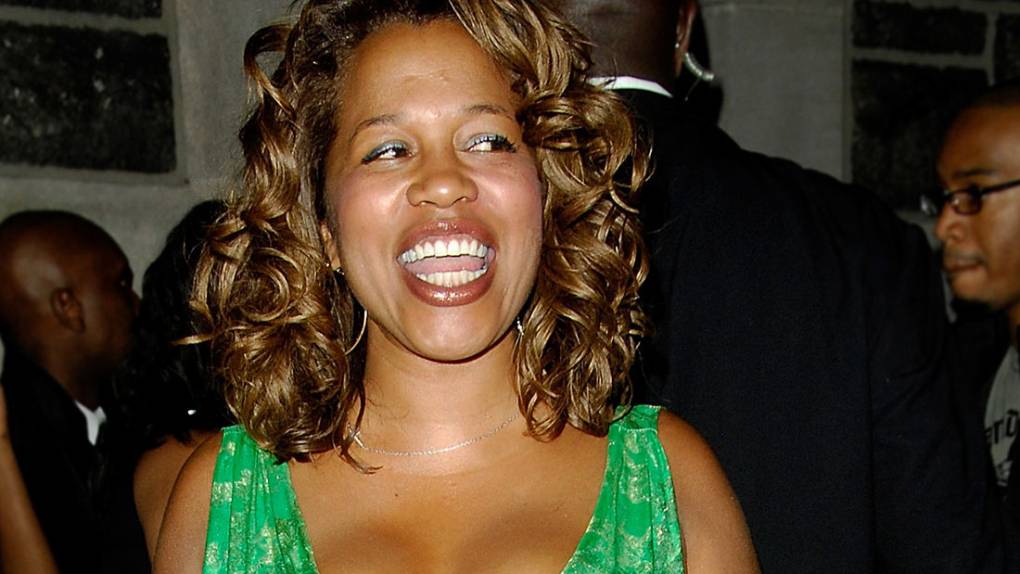Please try again

Danyel Smith at a Vibe Magazine party in New York City in 2008. (Joe Corrigan/Getty Images)
Hip-hop celebrated its 50th anniversary last year, and the culture has now fully entered a stage of historical preservation and studious documentation worthy of museums and national libraries.
The Bay Area has an encyclopedia’s worth of archival materials and important figures in its decades-long legacy. That’s where Jahi comes into the mix. An MC, curator and founder of the Bay Area Hip Hop Archives (BAHHA), he has been working to conserve local hip-hop history by documenting the genre’s pioneers through firsthand stories.
Last year, BAHHA publicly debuted by honoring 55 of the Bay Area’s most influential hip-hop contributors and legacy-makers, with a culminating event at the Oakland Museum of California that brought together many of the area’s pioneers. Each inductee has a “special collection” — items and media that tell their story in their own words, including primary-source interviews, flyers, posters, setlists and more. Largely self-funded, the archive isn’t interested in appeasing corporate interests.
“The first artifact is the oral history coming from the primary source,” Jahi says. “I’ll sit and have multiple conversations. After that, we’ll go back and gather artifacts. You see the story in [each inductee’s] voice.”
On Monday, May 13, BAHHA announced 14 new inductees, bringing the total to 69 honorees since launching in 2023.
The archive now recognizes individual visionaries like the legendary producer Ant Banks; rapper and KQED food columnist Rocky Rivera; music journalist and acclaimed author Danyel Smith; and videographer-turned-CEO Sean Kennedy, among others. It’s not limited to solo acts, though; KPOO 89.5 — a community radio station owned by Poor People’s Radio, operating out of the historic Fillmore District — is also being celebrated. KPOO became one of the first Bay Area stations to air a hip-hop show in the ’80s.
“Some of the names are obvious, and some may not be as obvious,” says Jahi. “We really want to focus on celebrating the underseen, undervalued and underappreciated. We know who the tree tops are in the Bay Area, but there are branches, leaves, trunks, roots. We want to cover that.”
Selected by Jahi himself, along with an anonymous council of “triple OGs from the Bay Area community [who provide] sacred advice and verification,” the main stipulation is that each chosen entity must have at least 20 years of Bay Area hip-hop service. It’s not just about the rappers, either.
“We do research. Why not [include] a legendary historian of funk to understand the interconnectedness to tell a cultural story?” says Jahi. “We’re not following the rules of the commercial rap industry and what they say equates with hip-hop. We’re coming from a cultural lens. This is community work. That’s more indicative of what the hip-hop family really looks like.”
Black, a prominent queer DJ who has mentored numerous others, is one of those people. Aside from turntable queen Pam the Funkstress, Jahi points to her as “a mother of building the culture.”
Gentlemen of Production, an iconic dance group from Oakland, is another inductee whose contributions in popping, locking, strutting and boogaloo have helped to legitimize Bay Area dance beyond California.
Jahi hopes that each name will encourage hip-hop fans to “do the homework” and learn about the cultivators and innovators that perhaps haven’t gotten the shine they deserve. For him, it’s important to tell their narrative “the right way.”
“This is planned to outlive us all for the 100th anniversary of hip-hop,” Jahi says. “This isn’t momentary. This is about when we’re not here. Hip-hop didn’t start in a university or in any media houses. It started in the community. What we’re doing is a community thing.”
This post was originally published on this site be sure to check out more of their content.







